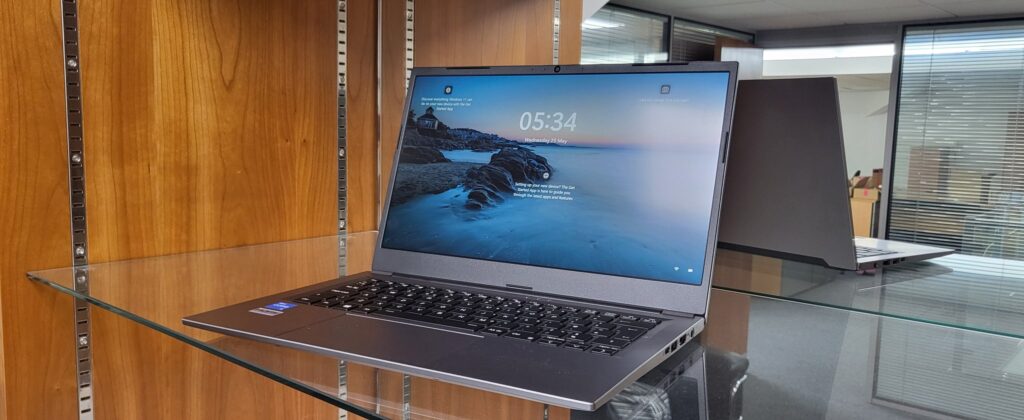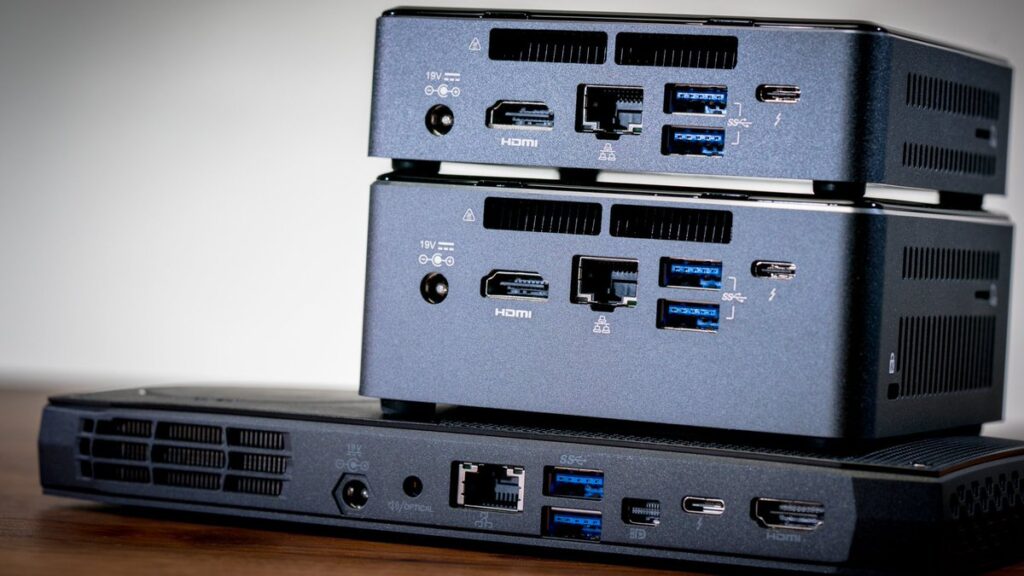Follow These 9 Tips for a Successful Home Based Business
In today’s connected world, it is not always necessary to have a big space or a warehouse to run a business. Thanks to the internet, all you need to run a business these days is just one small spare room.
Since more and more people are using remote strategies to pursue entrepreneurship with their headquarters at home, home based businesses are currently on the rise.
But again, just with any other business, starting a home based business comes with its own set of complications. From advertising to zoning, there is always something that will require your attention. Though this type of business allows you to run operations from your comfort zone, one of the biggest challenges faced by home-based entrepreneurs is maintaining professionalism at all times.
Here are some tips to keep you focused on your quest to make your home-based business a success and reap maximum benefits:
Determine If Your Ideas Are Appropriate for a Home Based Business
Home-based businesses are in vogue right now, but not all home-based businesses are guaranteed to work out. Starting a business out of your home requires you to consider a variety of factors, including your location, zoning, legal restrictions, licensing, work style, personality, and your family’s needs.
For example, you cannot start a manufacturing business in a residential neighborhood. And if your business involves a lot of in-person client interaction, it may not be practical to conduct your operations at your home office.
Narrow down your list of ideas to businesses that:
- Are feasible to conduct from a home office
- Allow most of the work to be done from home rather than on site
This will leave you with a list of business ideas that are practical and possible for you to start a business from your own home.
Examine Your Skills
Honing your skills can take time. You may be good at writing content or really good at designing or drawing. But running a successful business often requires acquiring new skills, such as marketing, cold-calling, or organizing skills. So you need to adjust the scope of your business based on your current skill levels.
Create a Proper Business Plan
For any business idea to be successful, there should always be a concrete business plan. The plan will act as a roadmap for success, laying out a plan for every aspect of the business from marketing to budgeting. A plan prevents you from going haywire and wasting unnecessary time on irrelevant things. It will help you to clearly understand your goals, prioritize the main business tasks, and ensure that your objectives are met on time.
A business plan will also be a must as your business grows, because small business lenders, investors, and potential partners will certainly ask for a business plan.
Moreover, as a business owner, a good plan will guide you to achieve specific targets as you grow. Operating a home-based business should have an appropriate short and long-term plan and specific steps to achieve along the way.
Create Business Networks
Even a home-based business owner must have a network of business relationships. How else will you be aware of current business trends and tools, and fill gaps in your personal experience?
You can join business associations that organize business events and conferences in order to stay updated on emerging issues in the business world. Join your local chamber of commerce to meet and form relationships with other business owners in your area.
Treat Your Business Like a Full-Time Job
One of the biggest attractions of home-based businesses is the comfort of working from home and the ability to work flexible hours. But this has proved to be a downside for many since having your working space combined with your leisure space can interfere with productivity.
It’s crucial that you come up with a schedule that dictates your working hours, make it known to your family, and restrict any distractions or interference. Therefore, setting aside certain time slots entirely for work is a good place to start.
Maintain Separate Business Space
Set aside a specific area in your home just for business. During working hours, keep all home activities at bay and never let them interfere with your business operation. If you have even one or two employees working for you, ensure that you have adequate supplies and materials they will need to carry out day-to-day operations, as well as a website and designated space for them to work.
Wear the Right Clothes
More often than not, people who work from home are tempted to wear whatever is within reach, even if it’s a pair of old pajama shorts. You don’t need to wear formal attire, but sticking to business casual helps keep your brain on the right track and promotes a professional mindset. When entertaining clients, you should dress to impress and stay appropriate to your industry.
Don’t Hold Back on Marketing
Your home-based business will also require a significant amount of time, investment, and of course, marketing. Though marketing can sometimes be a bit of a challenge for home based businesses, it’s significant to spend a few bucks on a marketing strategy, including a website and social media, to introduce your product or services to new customers. A quality marketing campaign can never go wrong and can, in fact, bring in huge returns.
Get the Right Licenses and Registration
Just like with any other business, licensing and registration of home-owned businesses are also mandatory, and every startup should adhere to all the rules and regulations set by different states and government authorities.











































































































